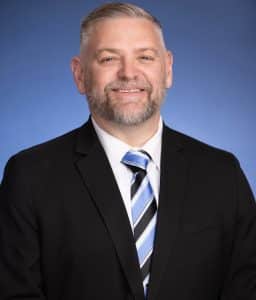Youth trauma, staffing shortages impacting residential schools

Increased drug use also a factor
The American Psychological Association’s latest “Stress in America” survey indicated that respondents are suffering “collective trauma” because of a combination of influences, including COVID-19, global wars, racism, social injustice, economic instability, and natural disasters related to climate change.
While these factors affect adults, the negative effects are trickling down to youth, resulting, in some cases, to referral for residential placement.
Joseph A. Allred, J.D., MS, vice president, Stetson School, You Inc., and Children's Friend, affiliates of The Seven Hills Foundation, said the increased acuity of youth following the pandemic poses the biggest challenge for residential schools. He said post-pa...
Want to keep reading this article from New England Psychologist?
Login below or subscribe today to support independent journalism!
